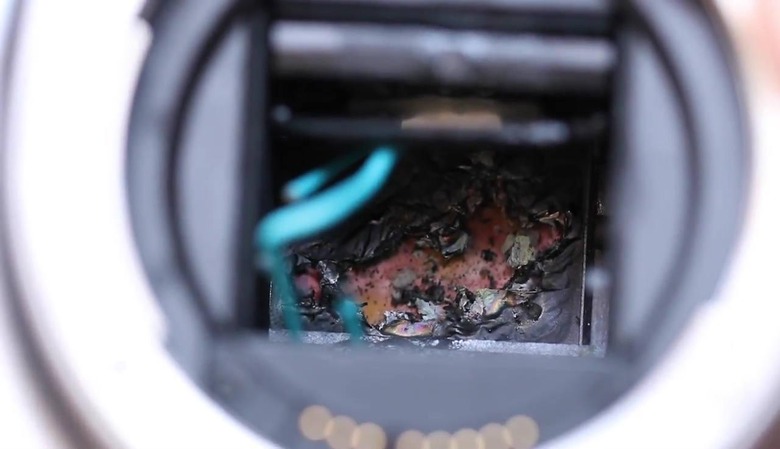Do NOT shoot the eclipse without the right camera equipment
In just a few hours, the US will experiencing a historic astronomical event. And in this digital age, that usually means a lot of people will try to preserve it by snapping up photos and videos of this once in a lifetime total solar eclipse. But before you go reaching for your smartphone or slotting a memory card into you digital camera, pause for a few seconds and consider how much you value your equipment. Because if you do, you will ABSOLUTELY NOT use them to shoot the eclipse. Unless you actually have the right filters and accessories to keep them from burning up.
There's no going around the matter. Viewing the eclipse directly means looking directly at the sun. While not as fragile or irreplaceable as our eyes, the sensors in digital cameras are invulnerable to the burning effects of old Sol. Sure, they actually absorb light, just like our eyes, to even create images but, also like our eyes, too much of that light will burn through the sensor's equivalent of our retinas.
To help impress how dangerous that is, at least for your poor camera, the fine folks at Everything Photography sacrificed one of theirs for science. They purposely tried to capture even just a minute of footage pointing directly at the sun. Remember that the eclipse is going to last more than that.

Remember those science experiments where you use a magnifying glass to focus light on a poor, unsuspecting piece of paper or leaf? Now imagine the effects of that multiplied a dozen times in one short span, on sensitive electronics. Don't be surprised if you see smoke and smell something burning. The only upside to this is that it wasn't your eye at least.
That's not to say you can't actually record the epic moment with your camera, only that you'll need specialized equipment, specifically filters, to protect your shooter with it. That advice also goes for watching the eclipse with your own eyes, in which case you'll want to look at our definitive list if it isn't too late yet.
